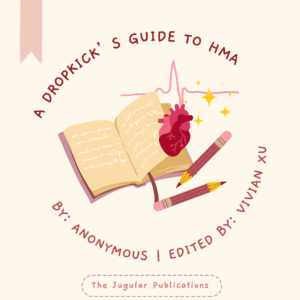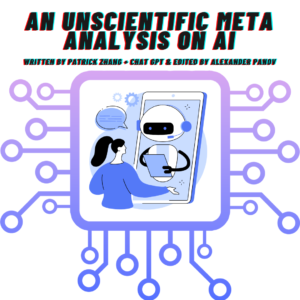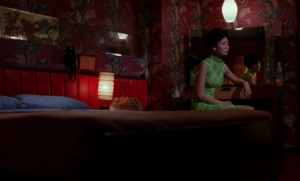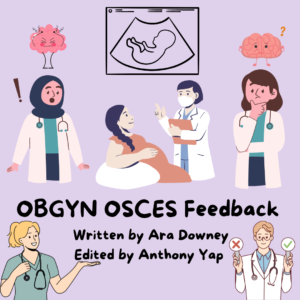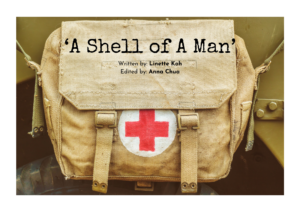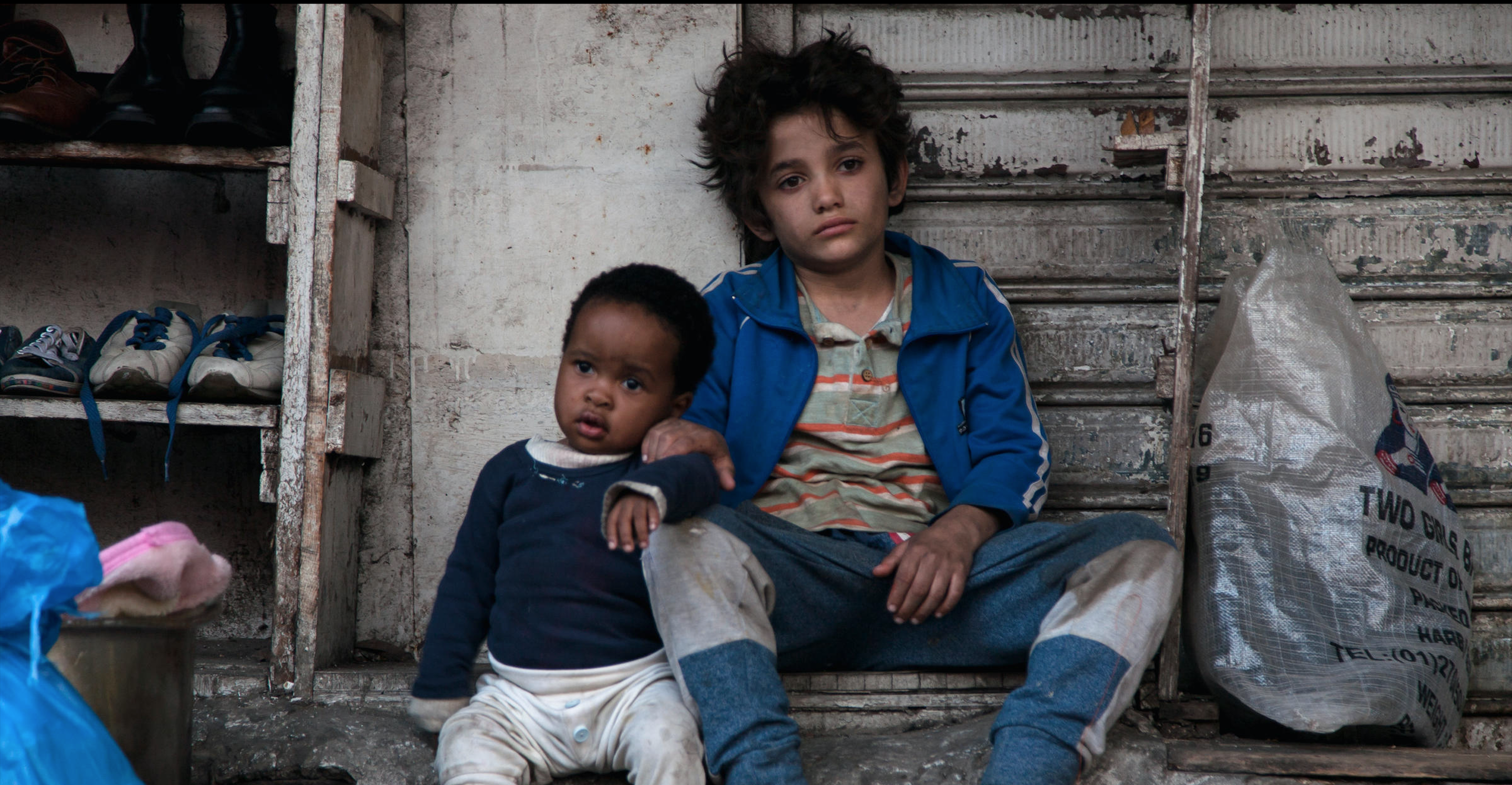
Written by MATT FADHIL (Edited by KATERINA THEOCHAROUS)
Directed by Nadine Labaki
Drama – 2h30min

If Phase 1 ethics tutorials have taught me anything, it’s this: when in doubt, consult the Ethics Wheel. From embryonic stem cell research to marking a mate off for a Friday afternoon QMP
Released internationally in September last year, Capernaum is the third feature film from actor-director Nadine Labaki. Since its release, the film has made an impact internationally, claiming the Jury Prize at Cannes and nominations for Best Foreign Film at the BAFTAs and the Oscars and it’s not hard to understand why! Building on a slightly gimmicky premise, Labaki turns Capernaum into an unflinching examination of the awful choices faced by ordinary people in the face of extraordinary suffering.

Framing the film are scenes from the courtroom. Young Zain sits dead-eyed in the plaintiff’s box, his mother and father cowering in the defendants’, charged with the crime of bringing a child into a world of such inescapable suffering. “Who are you to judge?” sobs Zain’s mother to the courtroom. We are left wondering the same question. Driven by hunger, cold and an overriding sense of powerlessness, every character in the film is forced to make the kind of rock-and-hard-place lose-lose choices we can only gawk at. The director’s argument is clear: in the topsy-turvy, morally-chaotic world of a wartime refugee, right and wrong become all but impossible to distinguish.
If nothing else, Capernaum will be remembered for its performances. None of the film’s cast were trained actors: Labaki decided to search out her talent amongst real-life refugees on the streets of Beirut. Zain Al Rafeaa brings the role of Zain to life: loud, quick-mouthed and bitter, fiercely independent in one moment and profoundly vulnerable the next. Some of the film’s most unforgettable moments come during shots of young Zain on the streets of Beirut, taking care of Rahil’s baby son Yonas (played by Boluwatife Treasure Bankole, the most talented film baby in the history of film babies). Critics have described Capernaum as unstructured at times, unrealistic or heavy-handed at others, but it is scenes like these – of two children alone in an unforgiving city, shivering and hungry and afraid, but surviving – that redeem and truly elevate the film.

With the rise of Alfonso Cuaron’s Roma to near-Best Picture heights (I, for one, am still salty), the world was reminded that foreign films still represent a force to be reckoned with and Capernaum is no exception! Labaki has gifted us a piece of Arab cinema of the finest quality, as well as a vividly-constructed insight into the reality of the refugee crisis. In an interview with The Guardian, the director set out her vision: “For me, film-making and activism are one and the same thing. I really do believe cinema can effect social change.” Clearly, for all you global-health-minded meddies out there, this movie is a must-watch. I’ll warn you again though: leave your Ethics Wheels at home.
UPDATE: The good-old Ethics Wheel has recently been revamped into the Ethics Cube! https://ethics.med.unsw.edu.au/. The dream lives on!







